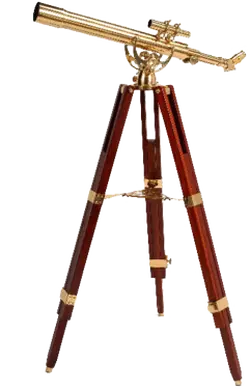Dot connecting, sense-making and path-breaking
I was a farm kid who began his career as a specialist in livestock breeding and genetics. In the late 1980s, I was drawn to the world of futurism inspired by a quote from Charles Kettering: “My interest is in the future because I am going to spend the rest of my life there.” Within that simple quote, I found my calling and the strategic perspective that shaped my contribution over a period of more than 40 years to the fields of agriculture, ag finance, transportation, and education. My research and writing has helped clients expand the edges of their thinking and action in the realms of employee learning and development, communication, organizational development and strategic policy and planning.
Foresight is a product of disciplined exploration and analysis of possible futures, a prerequisite in developing potent organizational strategies. A bold future-probing exercise is the best way to lay a foundation for strategic plans. It can provide insights into:

- Trends and influences in the business environment shaping your organization’s future;
- The bases for renewal of your organization’s vision and corporate goals.
- The fitness of an organization, its leadership, culture, structure, and processes with the demands of the future.
- Current activities and successes that must be wound up as part of the process that management theorist, Peter Drucker described as “abandoning yesterday.”
These processes, if approached honestly, create some discomfort. That’s because they expose overgrown gorillas, blind spots, groupthink and cherished illusions organizations often are blind to.
My approach as a futurist is largely based on the proposition that the present often contains the “seeds” or precursors of the future. I believe that any organization can improve its ability to discern and respond to emerging developments, but it can require new ways of thinking and organizational practices. And it can require changes in organizational culture. An essential discipline is deliberately stepping outside the force field of current organizational assumptions, pressures, biases and conventions. It means giving your employees and your organization permission and the space to think the unthinkable and discuss the undiscussable. Only then, if you observe carefully, are you likely to discern the features of an approaching future.
